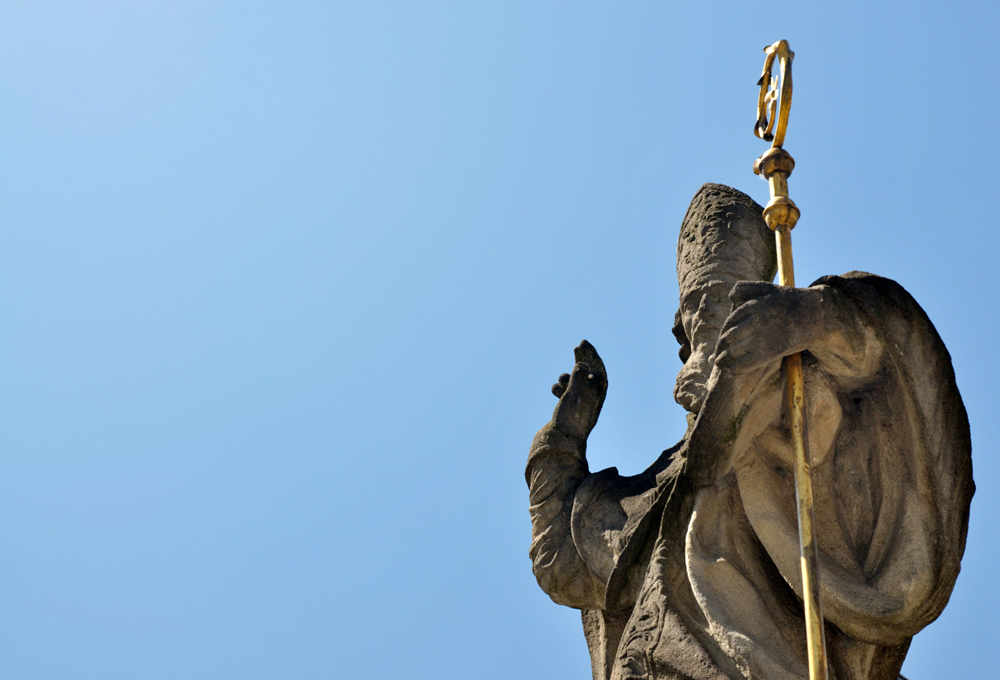
Saint Patrick is widely recognised as the patron saint of Ireland. He was likely born in the late 4th century in Roman Britain. As a teenager, he was captured by Irish raiders and sold into slavery. During the years he spent tending sheep, he found strength in his Christian faith. According to his own writings, he had a dream that urged him to escape. After returning home on a ship, he became a priest and later felt called to go back to Ireland as a missionary.
Once there, Patrick travelled extensively, founding churches and schools to spread Christianity. A well-known legend claims he used the shamrock to explain the Holy Trinity, though there is no direct evidence to confirm this. Through his tireless efforts, Christianity gradually replaced many pagan practices. Another famous story credits him with driving snakes out of Ireland, but this is likely more myth than history.
Despite limited historical sources, Saint Patrick’s influence on Irish religious and cultural identity was profound. He reportedly died on 17th March, around AD 461, and this date is now celebrated worldwide. His legacy endures as a vital part of Ireland’s spiritual heritage.
Recorded by Mark Manning, a native speaker from Ireland, 2025








